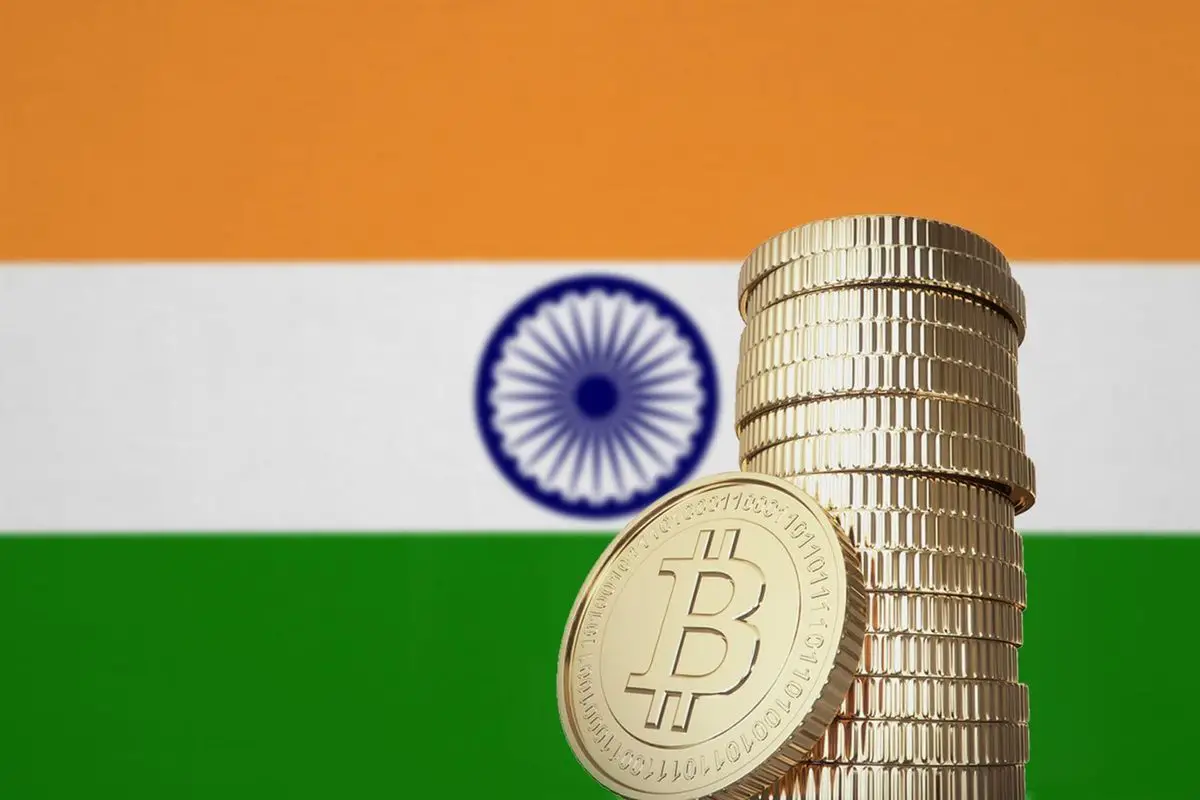India may embrace bitcoin and its peers as an asset class as a result of the forthcoming cryptocurrency rules, instead of banning it like China.
The Indian government will establish a regulatory system for dealing in bitcoin and other cryptocurrencies by February 2022, according to reports. This time, rather of a blanket ban, the authorities will debate if bitcoin and its rivals should be recognized as a commodity class.
Why did India decided not to ban and embrace cryptocurrencies?
The world’s second most populous country is a fast-growing cryptocurrency market. However, the Indian government’s hostile approach to the topic creates uncertainty about how residents can deal with digital assets.
In January, officials announced a full ban on cryptocurrency trading and ownership, as well as the mining of digital currency.
The government began to backpedal in the following months, and the impending rules may not be so harsh. By February 2022, authorities will release a legal framework for bitcoin and its ilk to define taxation on transactions and profits, according to a recent study. Surprisingly, governments will actually discuss cryptocurrency acceptance as an asset class.
A finance ministry representative said that imposing specific regulations on the industry is critical since India’s growing interest in virtual currencies attracts undesirable individuals who may use them for illicit purposes. New legislation might enable authorities to keep a watch over such operations:
“What should not happen tomorrow is that if I start a personal digital currency, and after good marketing everybody buys it and once it has appreciated, I run away since I am a private player! Everybody has actually bought that currency by using other assets. The government needs to look at regulation in order to avoid the above.”
Indian billionaire thinks digital assets might boost the economy
If India decides to categorize crypto as a financial asset class, the move would have a positive influence on the economy. At least, that’s what Indian billionaire Nandan Nilekani said so in April.
The entrepreneur agreed with critics who stated that digital assets are not suitable as a payment method because their fiat currency value is extremely volatile and some of them require too much power. He said investors should think of them as a substitute for gold, for example:
“Just like you have some of your assets in gold or real estate, you can have some of your assets in crypto. I think there’s a role for crypto as a stored value but certainly not in a transactional sense.”
In recent times, the interest in cryptocurrencies has exploded in India, with consumers increasing their digital currency investments from $200 million last year to $40 billion this year.





